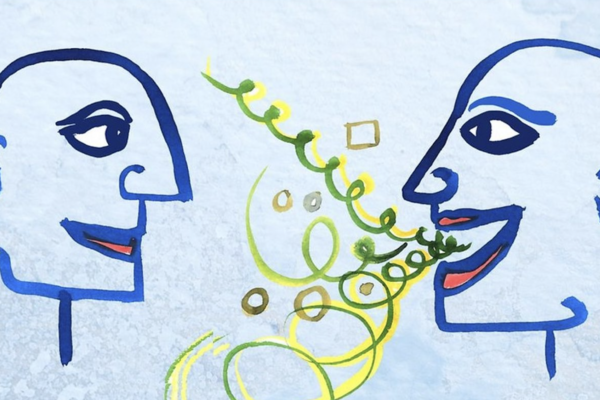BBC partners with British Council to train 1,000 young people from 100 countries
To celebrate 100 years of the BBC, the BBC World Service is partnering with the British Council for Crossing Divides around the Globe – an ambitious project to train young people to listen and understand those with very different perspectives. The programme, which has opened for applications this week, will be available to 1,000 young people (aged 18-34) from 100 countries across the world.
The participants will take part in a virtual ‘Deep Listening’ training programme for three weeks, beginning later this spring, which will enable them to develop the tools and confidence to talk, listen and discuss important polarising questions and develop understanding.
The BBC will broadcast some of their journeys on Outside Source and BBC World News, as well as digital platforms, as part of the company’s wider centenary celebrations later this year.
Tim Davie, Director General of the BBC, says: “The ability of the BBC to air diverse views and facilitate open debate is central to our role in a divided world. So we are delighted to partner with the British Council on this project to celebrate BBC 100. Training young people from 100 countries with deep listening skills and sharing some of their journeys on the BBC can encourage many more people to take part in respectful challenging conversations”.
Deep Listening is a technique which encourages people to enter conversations with humility and an open mind, leading to conversations with less acrimony and more understanding. It’s been found to be beneficial for adversarial discussions whether between colleagues, across political divides and even within the family by encouraging curiosity and attention.
The new project follows a successful pilot of the scheme by the British Council in partnership with the BBC in Lebanon, which saw 150 participants take part in a deep listening project to develop skills of empathy, silence and suspending judgement. You can find out more here.
[Main Image: Emily Kasriel courtesy of BBC]









